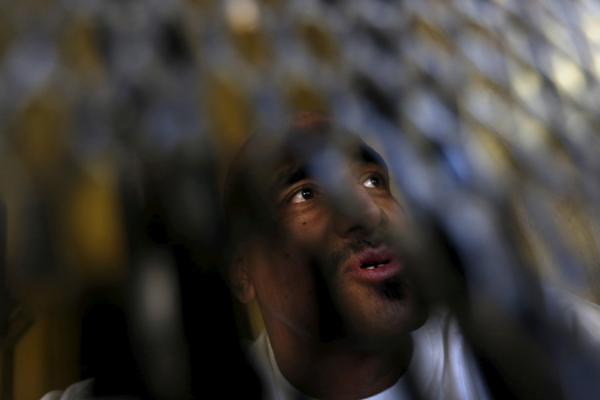Mar 1, 2016
Pope Francis continues his drumbeat for a global moratorium on the death penalty. This is a wake-up call not just for Catholics, but also for all Christian leaders and lawmakers to reflect and take action.The words of the world’s most popular faith leader in fact come at a time when religious communities are questioning the death penalty theologically and biblically. Opposition to the death penalty even among conservative Christians continues to mount, as evident in the National Association of Evangelicals’ thoughtful reconsideration of its strong support of the death penalty.
Read the Full Article

Already a subscriber? Login
